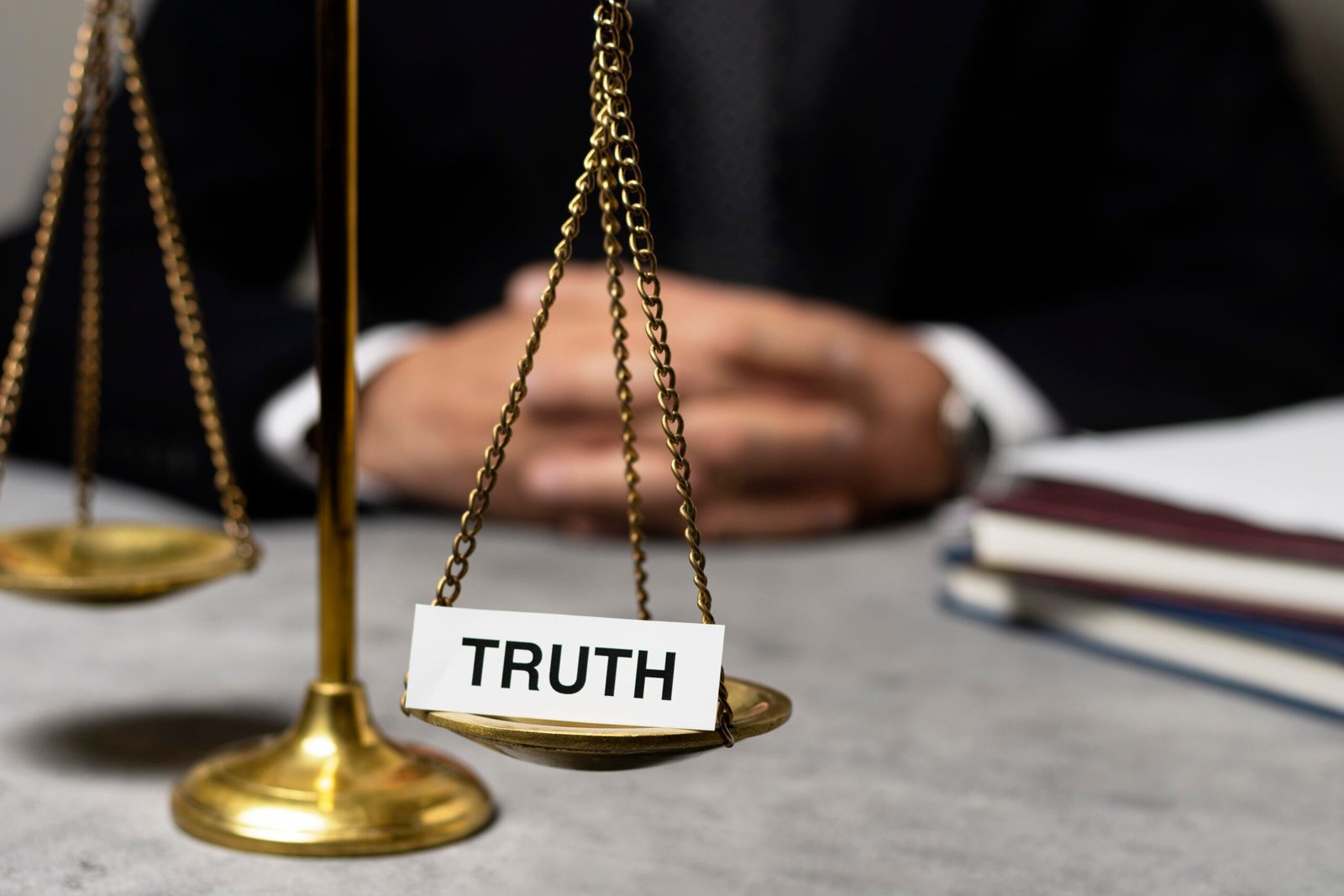The Power of “loi meaning”in Legal Systems

In every legal system around the globe, the idea of “loi meaning” is fundamental. The French word “loi meaning” means “law,” but the term “loi meaning” encompasses much more than that; it encapsulates the values, norms, and traditions that mould communities. This article delves deeply into the realm of “loi meaning” investigating its background, uses, and enduring influence on society and law. Everyone interested in the relationship between language and law, from practicing solicitors to law students, can benefit from this guide’s explanation of the lasting significance of “loi meaning”
Understanding the Essence of “loi meaning” in Legal Vocabulary
Fundamentally, “Loi” is a formalised collection of guidelines created by a ruling power. While often equated to laws or statutes, its application and interpretation can vary across nations and systems. “Loi” is significant since it helps to define society expectations, therefore supporting justice, order, and fairness. Unlike oral conventions or traditions, “Loi” is a written down, enforceable expression of the common values and priorities of a society.
The name “Loi” emphasises how closely law and language interact.
It is used predominantly in French-speaking countries, but its principles resonate globally, given that the legal concept it represents exists in every nation.
Tracing the Historical Footsteps: Origins and Evolution of “loi meaning”
The roots of “Loi” are in prehistoric civilisations. Early cultures like Mesopotamians and Romans developed legal systems to control disputes and uniformise their laws. The Roman Empire’s influence on law later laid the groundwork for codified systems in much of Europe, including France, where the concept of “Loi” emerged.
During the Enlightenment era, the application of “Loi” evolved significantly. Philosophers like Montesquieu emphasized the importance of laws in preserving liberty and accountability, leading to notable frameworks like the Napoleonic Code. This landmark civil code influenced modern legal systems not only in Europe but also in South America, Asia, and Africa.
Today, “Loi” has grown to represent not just written rules but an essential tool for governance and societal progress. It demonstrates the adaptability of legal systems in addressing contemporary challenges while being rooted in historical precedent.
“loi meaning”in Action: Its Crucial Role in Legal Systems Globally
The role of “Loi” extends beyond guidelines; it serves as the backbone of societal organization. Here’s where you might encounter the influence of “Loi” globally:
- Creating Order: By laying down clear expectations for behavior, “Loi” ensures consistency and fairness in decision-making and governance.
- Protecting Rights: From civil liberties to labor rights, “Lois” safeguard fundamental human freedoms, making them indispensable in democratic societies.
- Promoting Accountability: By defining rules and consequences,”loi meaning” ensures that individuals and institutions are answerable for their actions.
Several key examples underline its impact:
- United States: The Civil Rights Act of 1964, a famous “Loi,” helped end discrimination and make society more fair in many areas.
- European Union:The General Data Protection Regulation (GDPR) is the world’s first law on data protection. It protects people’s digital rights.
- South Africa: After Apartheid, “loi meaning”like the Employment Equity Act of 1998, works to make things fair and diverse.
A Comparative Study: “loi meaning” in Multicultural Legal Contexts
How does “loi meaning” compare with similar terms across languages and legal systems? Although referred to differently in various jurisdictions—such as “law” in English, “gesetze” in German, or “sharia” in Islamic contexts—the ultimate purpose of these legal frameworks aligns closely.
- France: “Loi” reflects codified laws influenced by the Napoleonic Code characterized by specificity and clarity.
- Common Law Systems (e.g., U.S., U.K.): Words like legislation or acts predominate rather than “Loi.” Common law mostly depends on references created by court rulings.
- Islamic Law: Here, “sharia” governs multiple aspects of life, illustrating how “loi meaning” like rules vary in scope and focus depending on cultural and religious contexts.
This comparison helps highlight how the foundational concept of “loi meaning” has shaped, and been shaped by, diverse legal traditions.
From Text to Practice: Real-World Applications of “loi meaning”
Understanding “Loi” isn’t just an academic exercise; its applications demonstrate the immense impact laws have on societal dynamics. Let’s take a closer look:
- France’s Loi Toubon (1994): This law said that French had to be used in business, government, and ads in order to protect language history in the face of globalisation.
- Japan’s Worker Dispatch Act (2015):Japan shows how “loi meaning”adjusts to changing economic times by controlling temporary staffing levels.
- GDPR – A Global Benchmark: Though passed in the EU, GDPR’s far-reaching influence exemplifies how a single “loi meaning” sets standards embraced worldwide.
Success stories like these demonstrate that “loi meaning” provides practical solutions to global challenges.
Shaping Society: The Impact of “loi meaning” on Legal and Social Norms
“Loi” is a reflection of society’s values, and as such, its impact on social norms is profound. Whether through anti-discrimination laws, environmental protections, or digital rights, “Lois” shape the way societies conduct themselves over time. Critical areas impacted include:
- Gender Equality: Many countries now have “Lois” ensuring equal pay and representation across genders, altering societal expectations and behaviors.
- Economic Growth: Trade agreements and fiscal “loi meaning” foster stable markets and growth opportunities for enterprises.
- Cultural Identity: Laws like Loi Toubon ensure unique cultural characteristics are not overshadowed by global influences.
Thus, “Loi” isn’t just a legal construct—it’s a catalyst for societal progress.
Debates and Forecasts: The Future of “loi meaning”in Legal Discourse
The role of “loi meaning”is constantly evolving, sparking debates and discussions among legal professionals and linguists. Some of the key areas of focus include:
- Ethical Considerations in AI & Tech Laws: Governments worldwide are grappling with how to regulate AI, data privacy, and emerging technologies without stifling innovation.
- Addressing Climate Change: Future “loi meaning”will need to encompass stringent environmental guidelines to combat the growing climate crisis.
- Globalization vs. Localization: Balancing globally accepted laws with regionally distinctive legal practices is a challenge many nations face.
Efforts to modernize “Lois” must consider inclusivity, ethics, and adaptability to ensure fair applications in a fast-changing world.
In Summary: The Enduring Significance of “loi meaning”in Legal Practice
“Loi” is more than a term—it is a testament to the enduring power of laws in creating order, fostering justice, and improving lives. From historical roots to real-world applications, its significance spans cultures, geographies, and epochs. It demonstrates how we, as a collective, choose to organize society and safeguard individual rights.
For legal professionals, understanding and interpreting “loi meaning” is crucial for delivering justice. For society, it’s a reassurance that fairness and accountability will always prevail. The enduring presence of “Loi” highlights its necessity and adaptability in our lives.
Whether you’re navigating the French judicial system or studying comparative law, remember that the principles behind transcend language. They represent humanity’s collective pursuit of order, equity, and justice.
If you’re interested in exploring advanced legal frameworks or improving your understanding of the legislative process, consider sharing your thoughts and insights. Together, we can build bridges between language, law, and society.


